Recruitment practices of migrant workers in Belize, El Salvador, Guatemala, Honduras and Mexico
This report contributes to the identification and analysis of recruitment practices in Belize, Guatemala and Mexico of migrant workers from northern Central America (El Salvador, Guatemala and Honduras)as well as its adherence to international standards in this area. The study includes a characterization of recruitment practices and policy framework, as well as a description of the profile of migrant workers in agriculture, domestic work and tourism.

